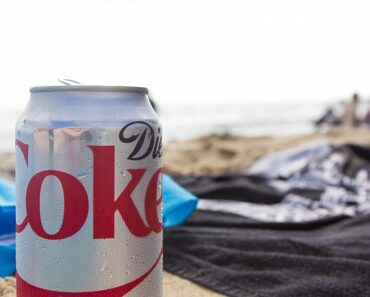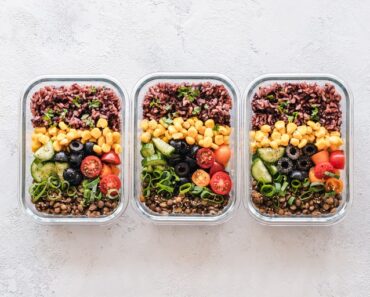In this article, you will learn the basics of the Keto diet and how it works. You will also get to know the rules to follow to safely.
What is the Keto Diet?
The Ketogenic diet is the ultimate low carb, moderate protein, and high-fat diet for weight loss. However, it was not originally designed to be so. Over eight decades ago, it was used as a mainstream of therapy to help treat epilepsy in children, but it was soon discovered that it conditions the body to burn fat instead of carbohydrates for energy.
Therefore, those follow the Keto diet end up losing a significant amount of excess weight compared to those who eat high fat and high carb foods. In addition, the Keto diet shows promising results in reducing the risk of the development of neurological disorders such as Alzheimer’s disease and Parkinson’s disease.
While the specific reason for this is yet to be discovered in detail, the overall explanation shows that the central nervous system thrives in a diet that causes the body to use fat – not glucose – as its main energy source.
It is important to note, however, that weight loss and the other health benefits of the Keto diet would only take place once the body has transitioned from being glucose-dependent to being Keto-adapted – an effect that requires a minimum of 15 days of strictly following the Keto diet.
Once you have become keto adapted, you should stick to the Keto diet for otherwise, going back to a diet rich in carbs and fat will cause you to go back to being dependent on glucose, thus resulting in weight gain.
The Rules to Follow
You should only start the Keto diet if your doctor or a licensed dietitian approves it. This is because not everyone is qualified to start the keto diet, especially if they have an existing medical condition or is taking prescription medication.
Therefore, you should first get professional advice before attempting this diet. Now, aside from getting your doctor or dietitian’s approval, you should also be ready to commit to the rules of the Keto diet.
Any deviance from the rules will instantly disrupt your path towards becoming keto-adapted. So, to set your expectations, you should be prepared to commit to the following rules for the rest of your life:
1. Avoid Foods Rich in Carbohydrates, Especially Grains and Sugar
It is important to eliminate all rich sources of carbohydrates from your diet, especially if you are still on your way to becoming keto-adapted. Your body is considered to be “keto-adapted” once it starts to rely on fat as its main source
of energy instead of glucose. This can only happen if the body is sufficiently deprived of carbs, because if there is enough carbs to break down to glucose and, in turn, convert to glycogen, your body would not have to resort to burn- ing fat.
Once you have become keto-adapted and at the same time achieved the ideal healthy weight loss for your body type, you can slowly re-introduce healthy carbohydrates into your diet.
However, it should amount to no more than 1 gram of carbohydrates per kilogram of your body weight. For instance, if you have reached your ideal body weight of 50 kilograms, then you should eat no more than 50 grams of carbs per day.
2. Choose the Best Quality Sources of Natural Fats.
The Keto diet promotes fat, but not just any kind of fat. Rather, it promotes the consumption of healthy fats, including those found in organic meat (grass- fed beef, free range pork, and wild game) and eggs, wild-caught fish and other seafood, organic dairy and cheese, dark chocolate, avocados, coconut and olive oils, yogurts, nuts, and seeds.
You must be prepared to allocate your food budget to these sources of fats because low-quality sources can put you at risk of developing heart disease.
If you think you cannot sustainably purchase premium natural sources of healthy fats, then you are not likely to sustain the Keto diet for the rest of your life and should, therefore, consider other more cost-effective and healthy weight loss options, such as vegetarianism or veganism.
3. Eliminate Trans Fat From Your Diet
If there is one type of fat you need to avoid regardless of whether you are on the Keto diet or not, it is trans fat. Otherwise referred to as “trans fatty acids,” trans fat is the main cause of increased LDL cholesterol levels, which in turn leads to the heightened risk of heart attacks and other cardiovascular diseases.
Trans fat is found in most industrially produced fats and oils, such as margarine and vegetable oil.
Common examples of foods high in trans fat are baked goods such as cakes, cookies, crackers, pizza crusts, and pie crusts; packaged snacks such as corn chips, potato chips, and microwaveable popcorn; and deep-fried food, such as French fries, fried chicken, and donuts.
Aside from following these three main rules in the Keto diet, it is also important for you to exercise regularly in order to allow your body to burn your excess fat stores. The more energy your body expands every day, the faster you will become keto-adapted.






